Blog
Our Blog
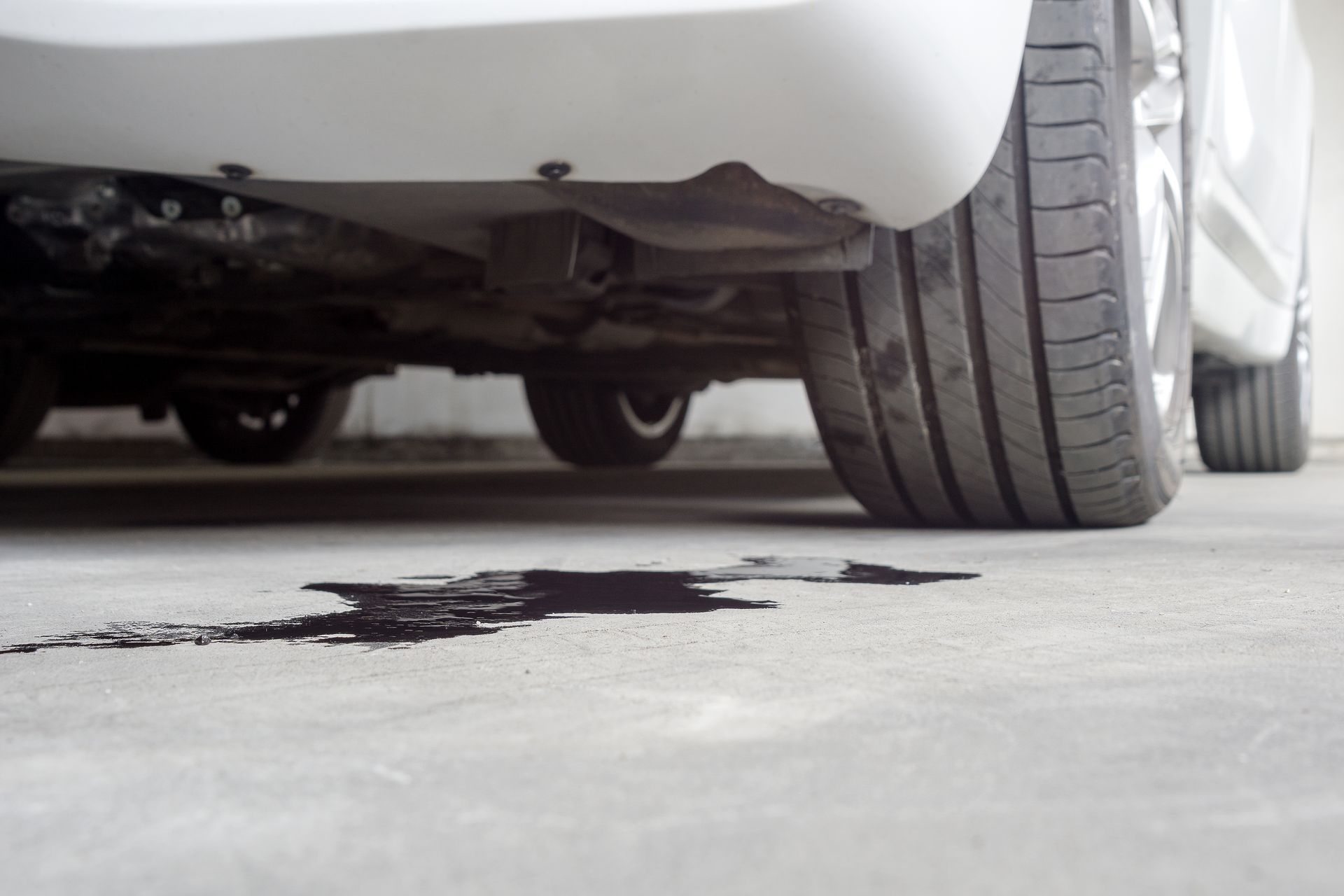
22 Mar, 2024
It's understandable to go in panic mode whenever you start to notice leaks around your vehicle. Most of the time, people will stress because they don't know where it could've come from. But, it's not that difficult to uncover the problem. All you have to do is put on your thinking cap and start inspecting as the color of the solution can be very telling. Here is a fluid guide to help you determine what kind of fluid leak you may be dealing with: RED (OR PINK) - Red or pink is usually the color of transmission fluid or power steering fluid. This type of leak may mean that you have a cracked transmission seal or a puncture in one of the lines that support the fluid between the different systems. ORANGE - Rust is usually associated with the color orange ... read more
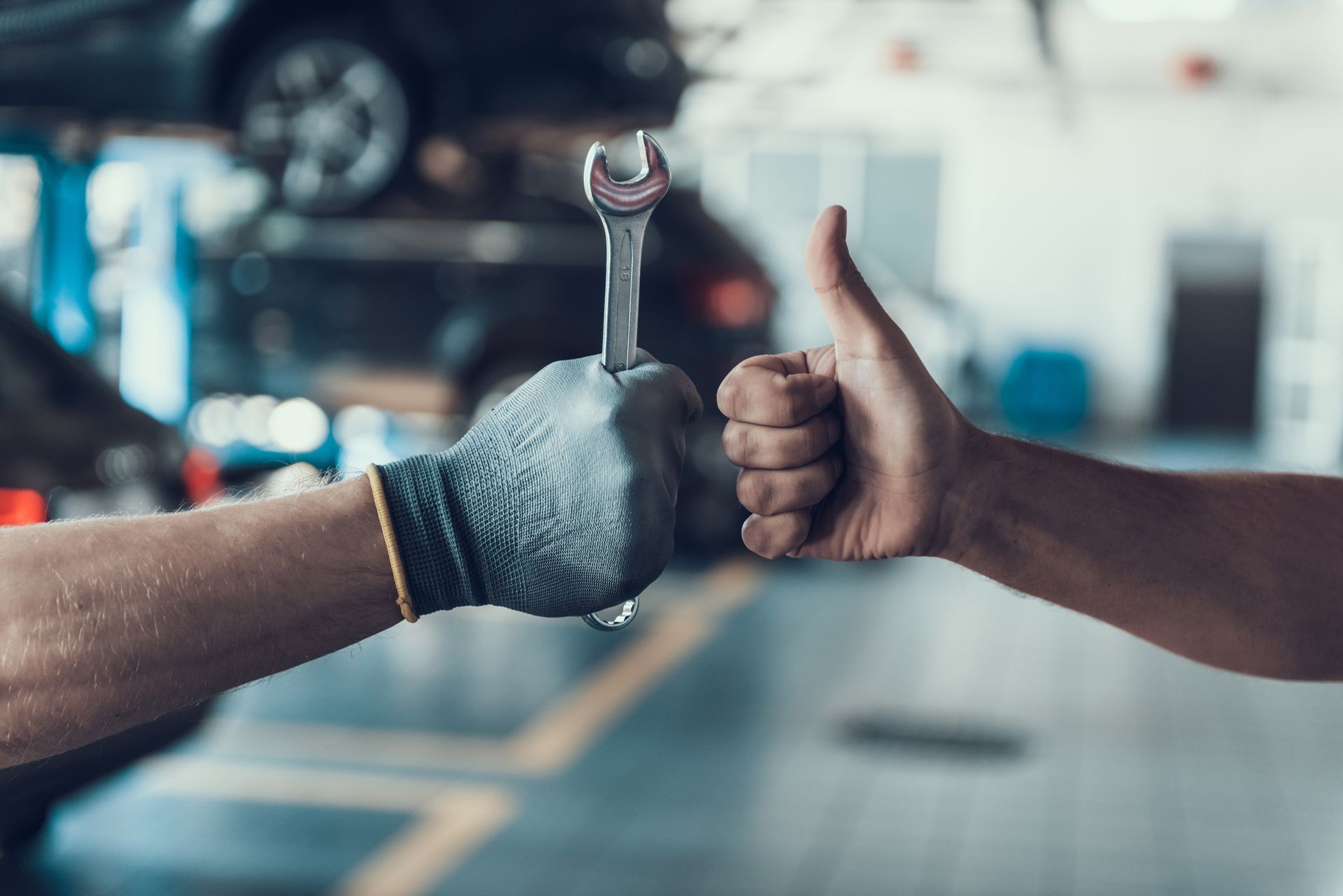
22 Mar, 2024
The older we get, the more physical health challenges we may face. Most of those challenges will do doubt interfere with driving. Even if you aren't an elder yourself, you may still have parents or grandparents that need your care. To keep yourself and your loved ones safe, you should bring more awareness to these safe driving tips. DRIVING TIPS FOR SENIOR CITIZENS Always seat belt first. All of us know that buckling is an enforced law in the US. If you catch a loved one forgetting to buckle, please remind them to do so. If the seat belt is uncomfortable, adjust the shoulder mount or look into buying a pad that slips over the strap. Understand and read your medications. As health is sometimes compromised as you get older, medications also become a part of your daily ... read more
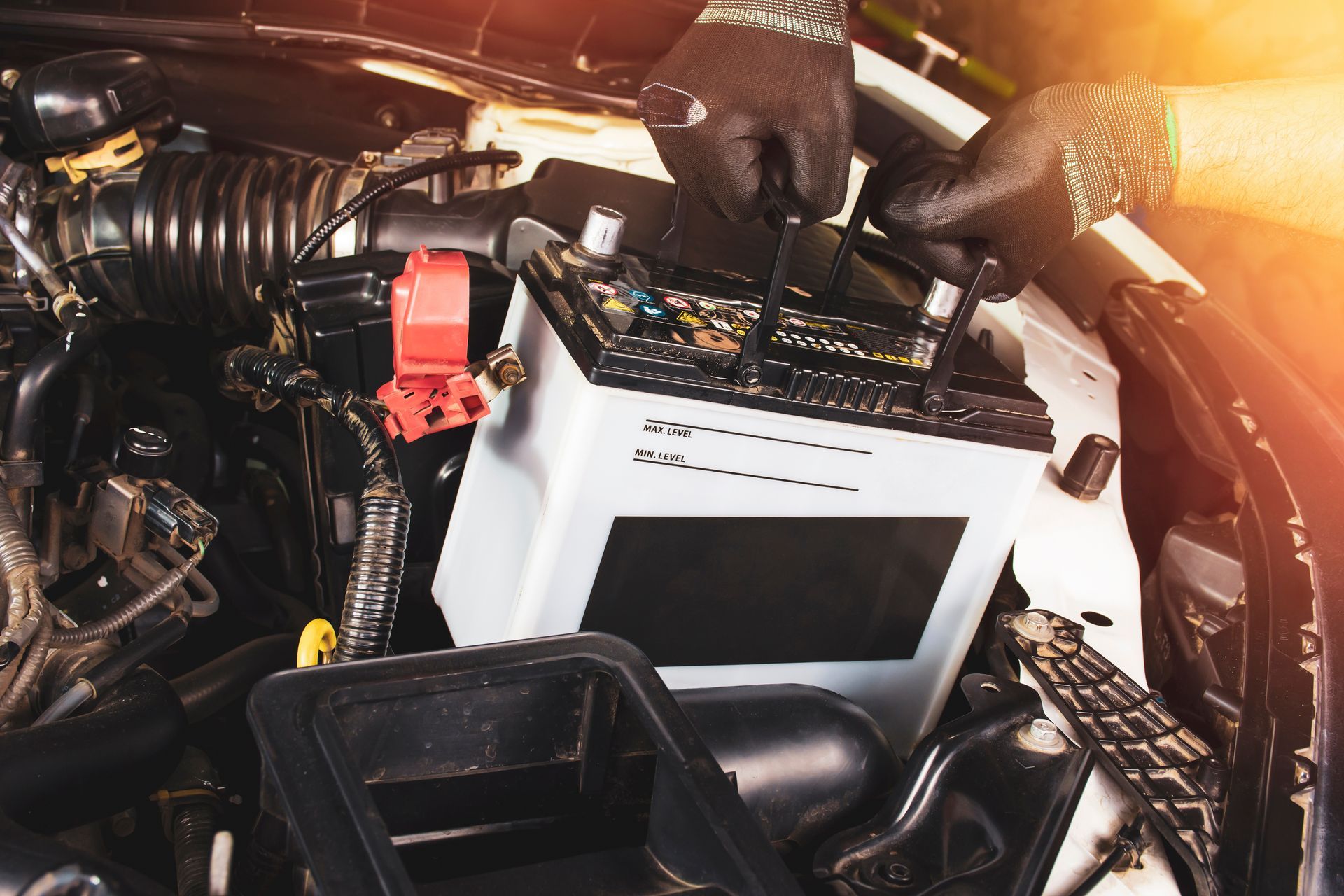
22 Mar, 2024
Just like your phone battery to your device, your car battery is the electrical source for your vehicle. Your car battery plays a significant role in powering various components of your car: the radio, dashboard lights, car engine, and more. Battery maintenance matters more than ever now that summer is upon us. If you stick to the following tips, you can keep your battery running anywhere from 2 to 5 years. Tips to help preserve the life of your battery: Keep your car parked out of the sun (preferably in an insulated garage). Whenever you are not driving, the best place to situate your vehicle is in a garage. Keep your battery clean. Periodically open the hood of your car and inspect your car battery. It is vital to keep it free of dirt and unusual residues to charge optim ... read more
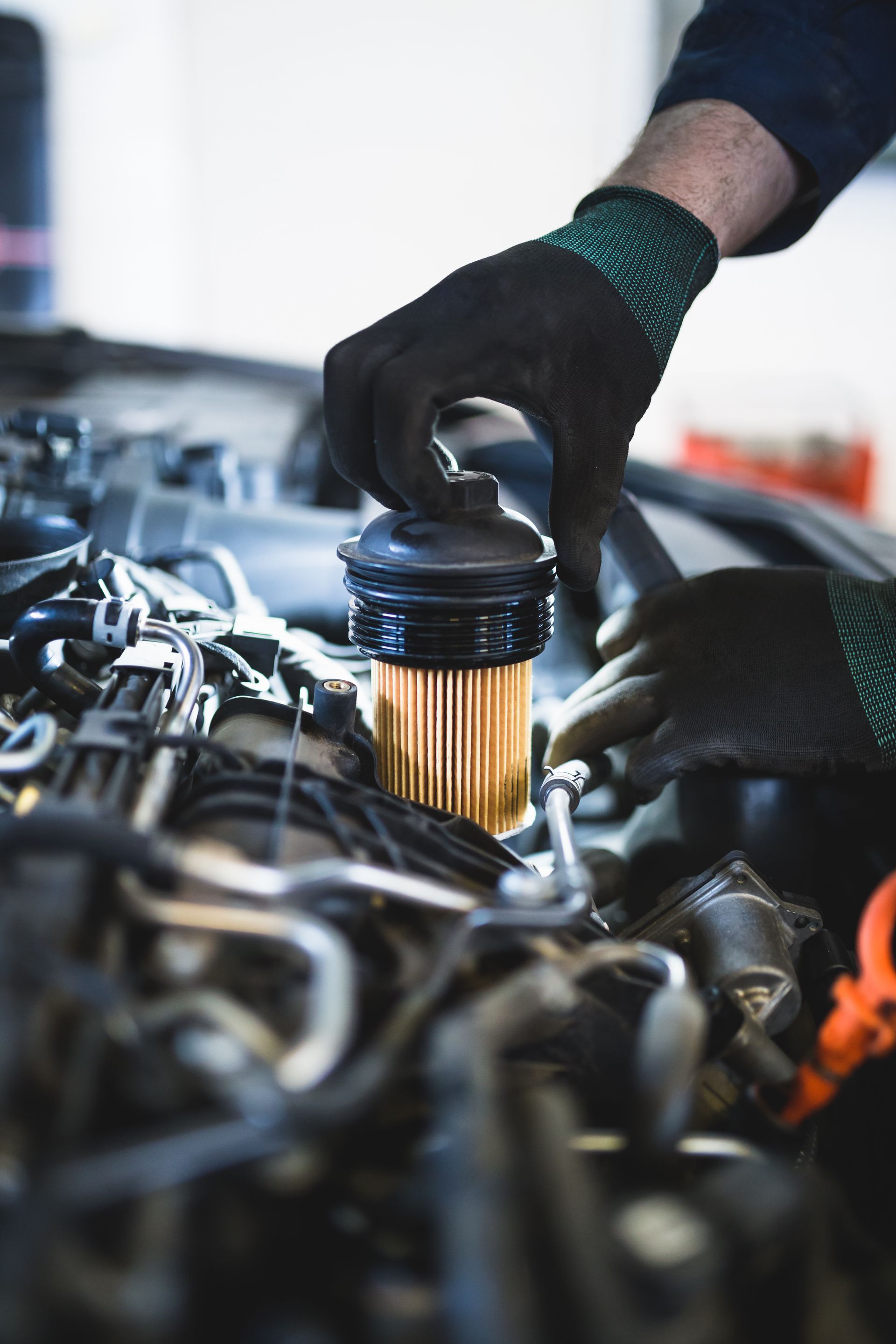
22 Mar, 2024
Air filters are designed to protect your engine from getting contaminated with dust and dirt. Over time, the air filters may become dirty, affecting the performance of your engine. It is best to know the signs of a dirty air filter to have it repaired before it results in profound issues. Here are some of the common signs of a dirty air filter. Slow Acceleration If your car feels sluggish and slow to accelerate, there is a chance that the engine is not getting enough air. A dirty or clogged air filter reduces air passing or flowing to the engine, resulting in slow acceleration. The best remedy is to replace the dirty air filters with new ones. Unusual Engine Noises If you have been using your vehicle for a while, you probably know which sounds are expected and which ones are not. Usua ... read more
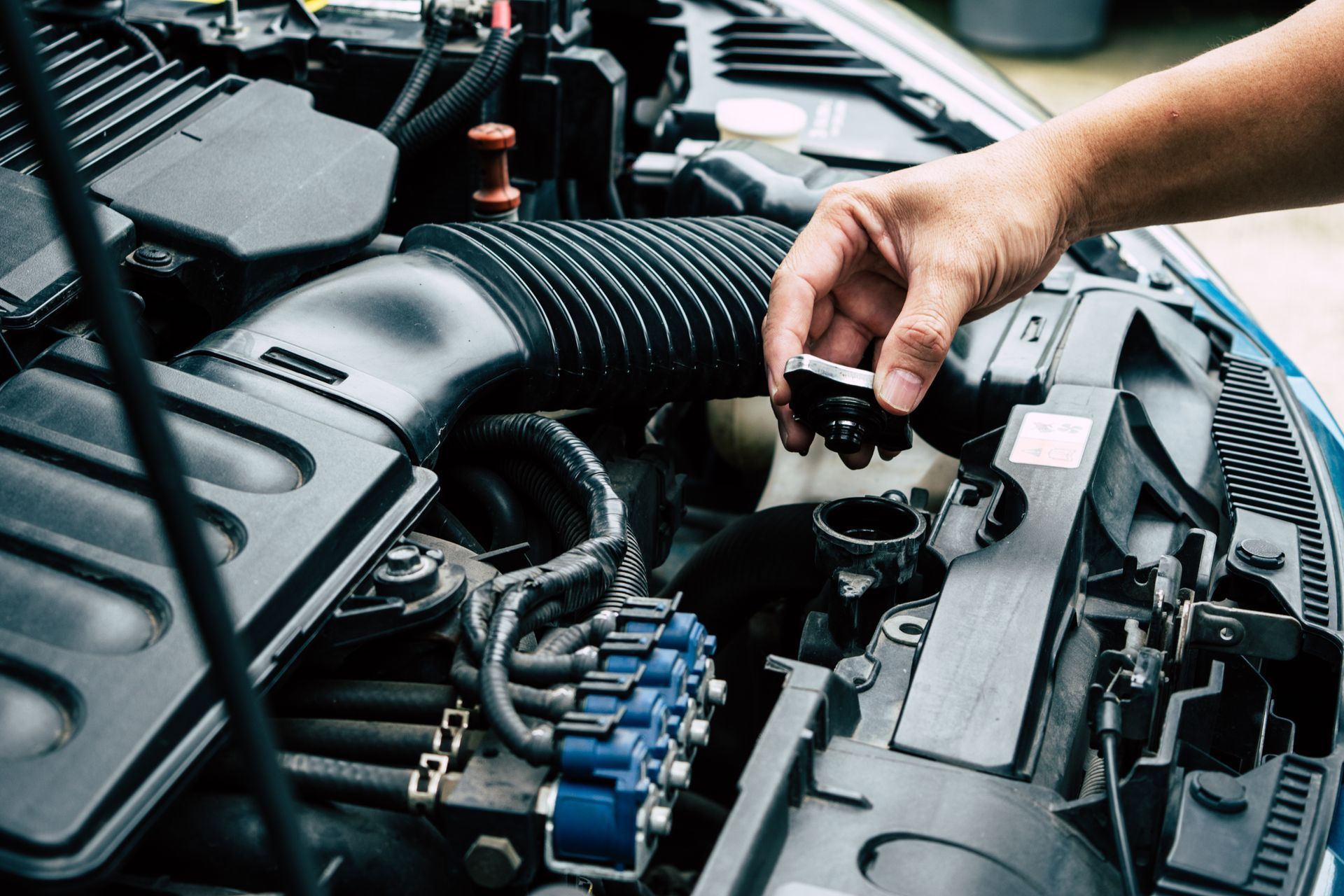
22 Mar, 2024
A coolant flush is critical to the life of your vehicle. Like an oil change or tire rotation, a coolant flush is vital to the smooth operation of your vehicle. Getting it done on a regular basis is vital to keeping your engine cool and running well. Good coolant should be able to keep your engine free of grime and debris as it cycles through. If it fails in its mission, getting it flushed is your best solution. Your coolant should get flushed at least once every 50,000 miles for normal driving. If you have done a lot of driving in severe weather conditions, getting it flushed once every 30,000 miles would greatly benefit the life of your engine. The first thing that happens during a coolant flush is that a mechanic will inspect your radiator and see if there is any sludge buildup or resi ... read more
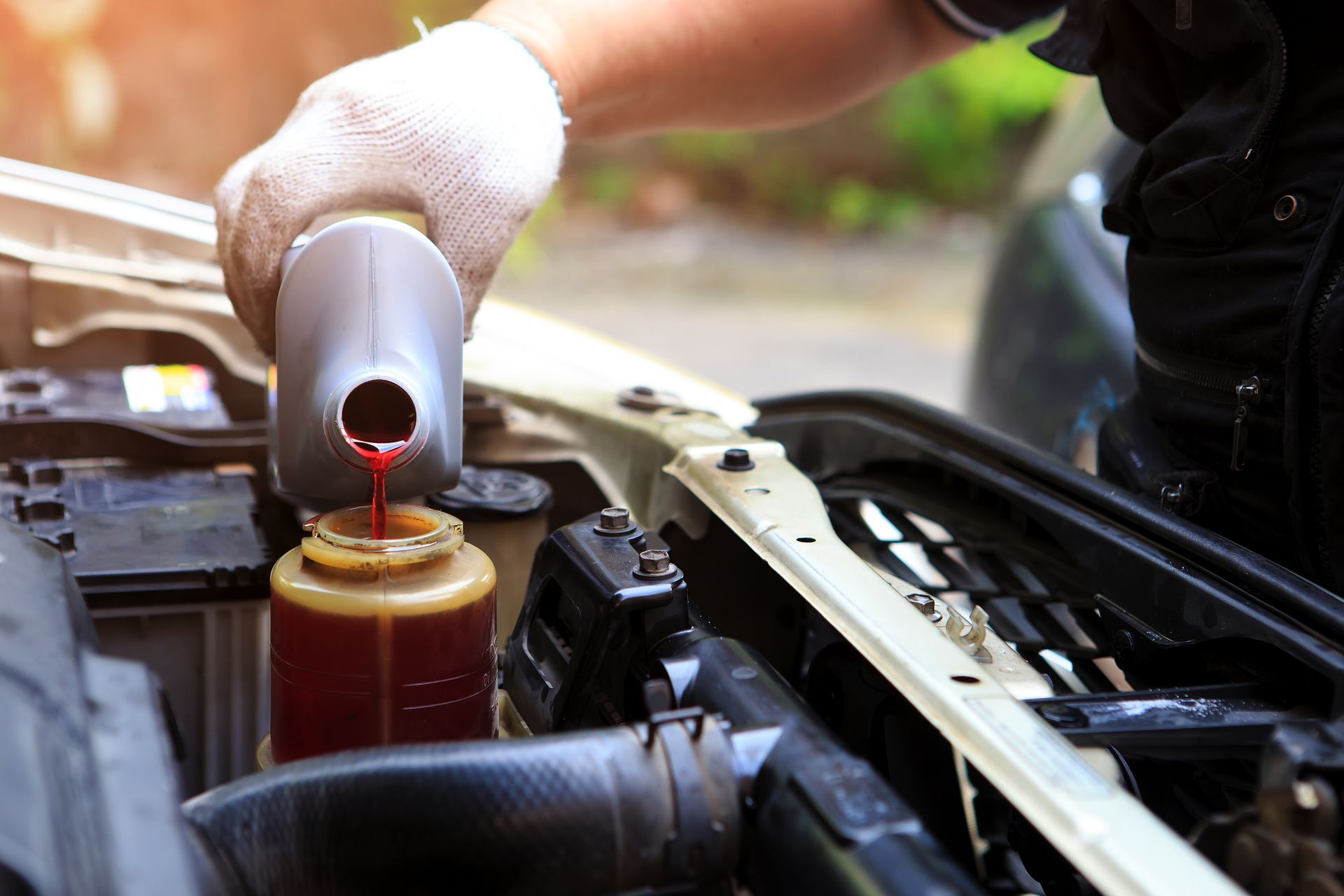
22 Mar, 2024
Hydraulic power steering systems rely on fluid that is sent up into the steering chambers through a hydraulic pump. This is what keeps your power steering active and always ready to use, and when it goes out, professional attention is needed. A power steering flush is just the type of maintenance needed to make your driving experience a safe one. This type of routine work clears out the contaminants while replacing old fluid with new fluid. During the process, your mechanic works to clear out any residue that's left while using a special chemical to clean out any debris or grime that's been left behind by the old fluid. Once completed, you will reap many positive benefits while enjoying good, quality power steering at its finest. You'll know when it's time to go for a pow ... read more
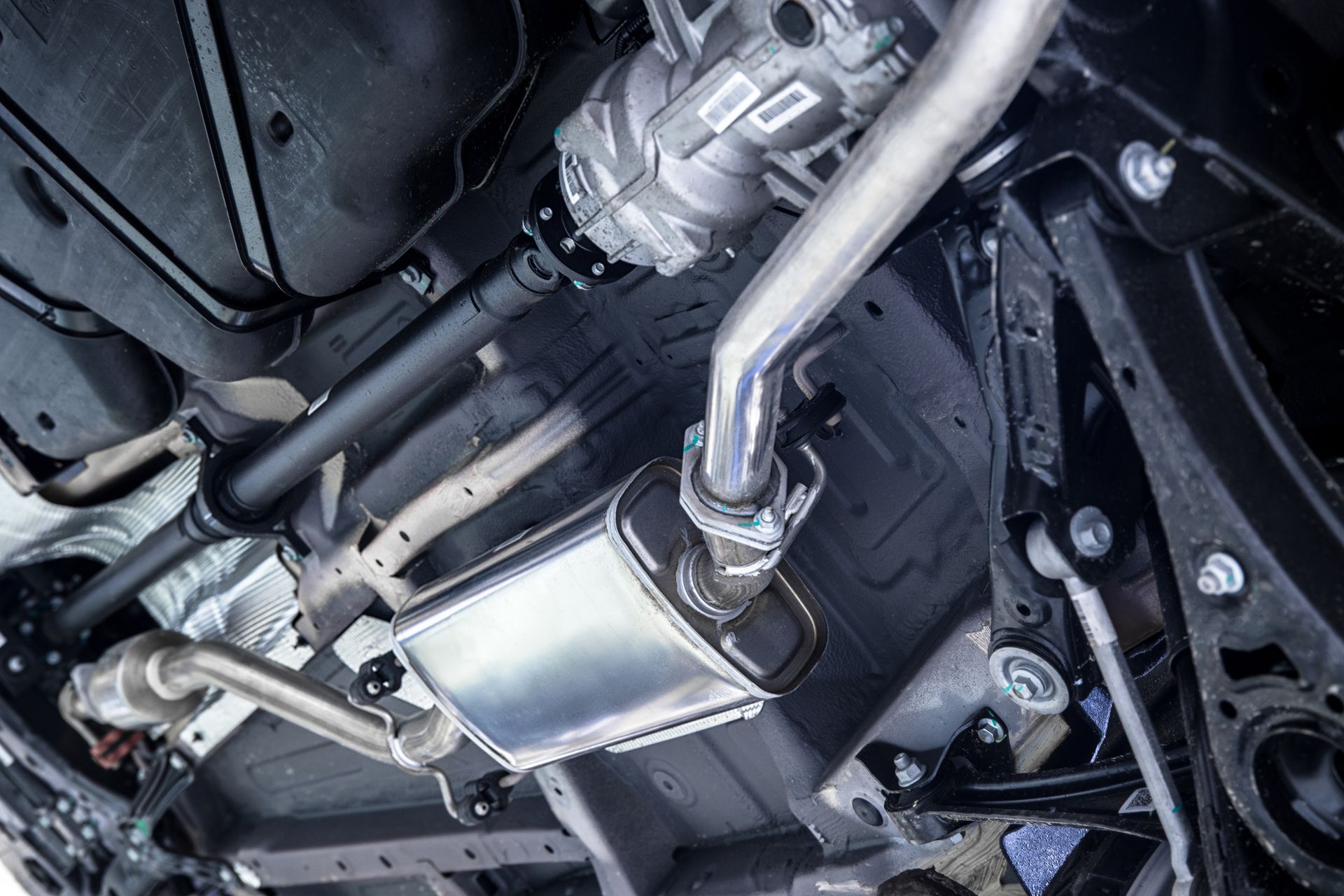
22 Mar, 2024
There has been a major uptick in stolen catalytic converter units from Prius vehicles, particularly in model years 2004-2009, but up to 2015 models have been targeted. The reason for these targeted thefts is the precious metals that the catalytic converter units are made of. What Is So Valuable In The Catalytic Converter The Toyota engineers specifically designed the catalytic converter on the Prius for reduced emissions, and it is done with the use of a precious metal called palladium. Palladium operates in the catalytic converter and takes harmful gasses and changes them into less toxic vapors. Due to the scrap and resale value of the catalytic converter, thieves are simply jacking the car up a few inches, then disconnecting the catalytic converter, and making off with ... read more
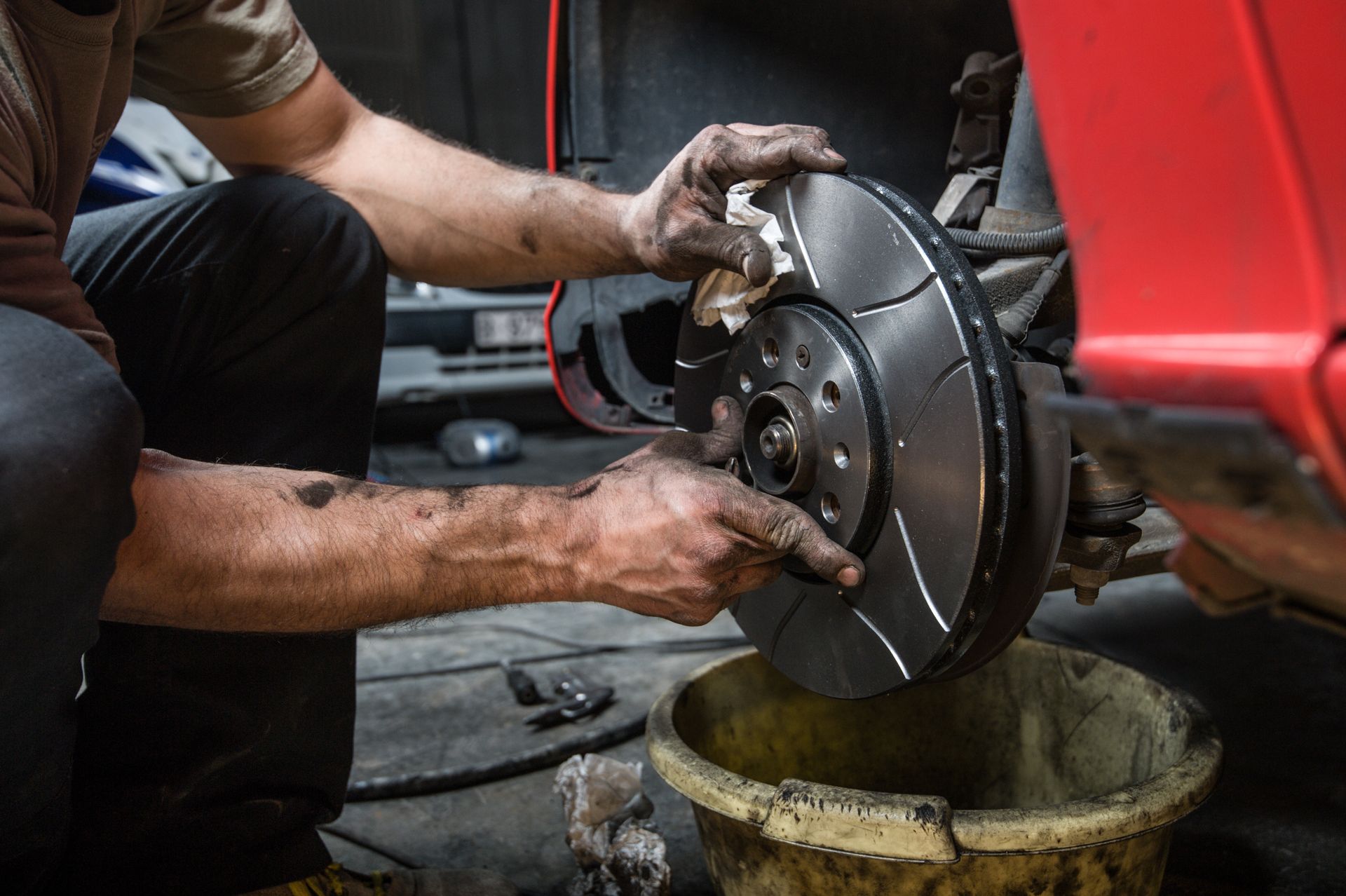
22 Mar, 2024
While most drivers are familiar with motor oil and coolant, brake fluid may be forgotten. Brake fluid is a critical competent of the brake system. It ensures your vehicle can properly stop and slow down efficiently. As you drive, the brake fluid will start the decompose and get dirty. Flushing the brake lines can restore performance in one service. Without health brake fluid, stopping your vehicle can be challenging, rendering the drive completely dangerous. It’s not always easy to tell if your brakes need servicing. Below are a few signs that indicate that it’s time for a brake flush. The brake fluid is dirty and discolored. Brake fluid is usually similar to the color and consistency of vegetable oil. If your brake fluid looks brown or black, it’s time to be ... read more
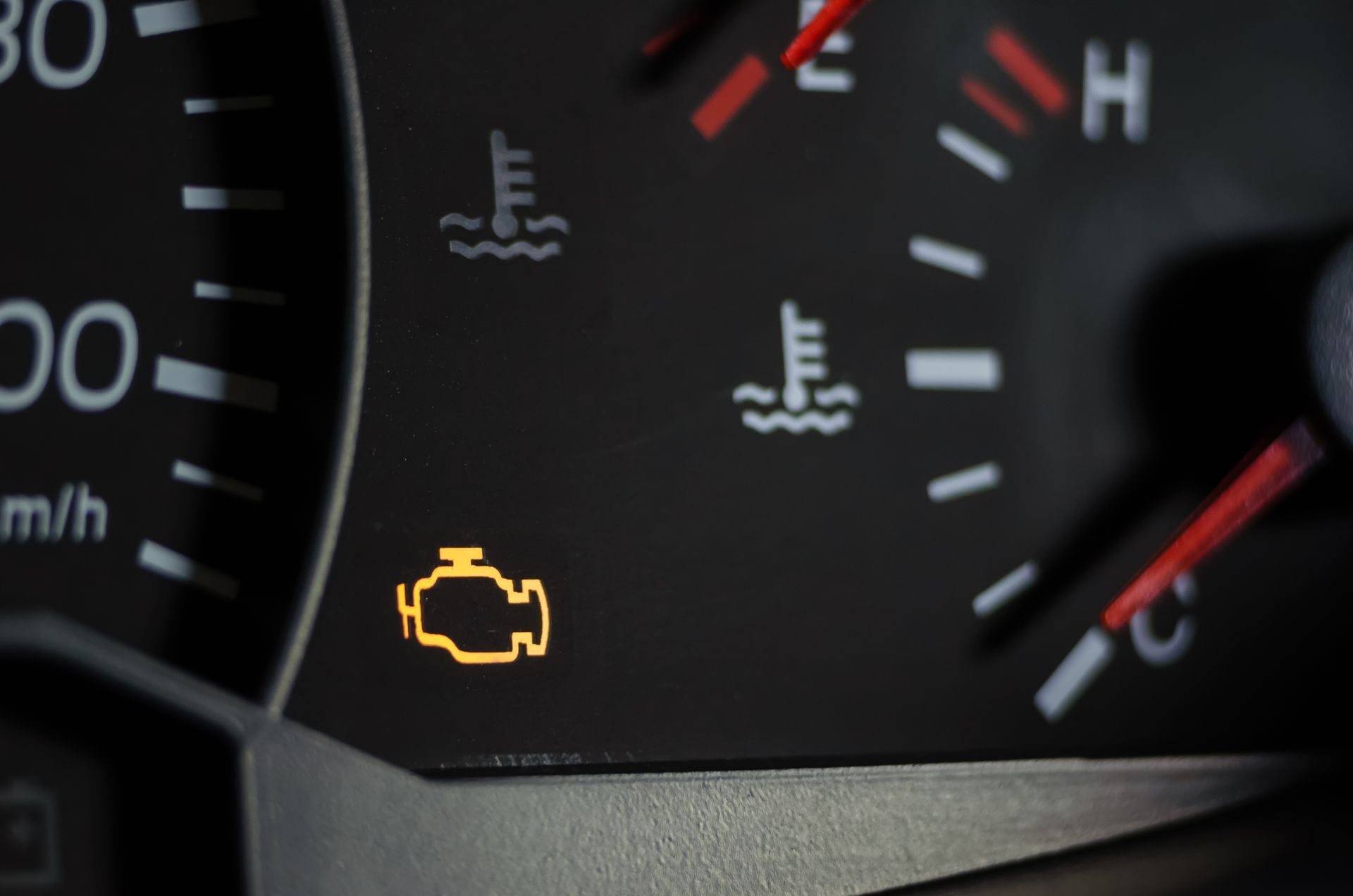
22 Mar, 2024
Emergencies seem to occur right before or after payday when money is scarce. Oddly enough, this is the time when your check engine light will appear on your car's dashboard. The check engine light is associated with your car's diagnostic system and designed to illuminate when malfunctions arise. Here's what you need to know about your check engine light and how to determine if your car is safe to drive. How to Determine if Your Car is Safe to Drive While the Check Engine Light is On .Whether or not your car is safe to drive while the check engine light is on depends on why the light came on. Does the Problem Require Immediate Attention? Your car's dashboard can tell you a lot about what's going on with your car. In addition to the check engine light ... read more
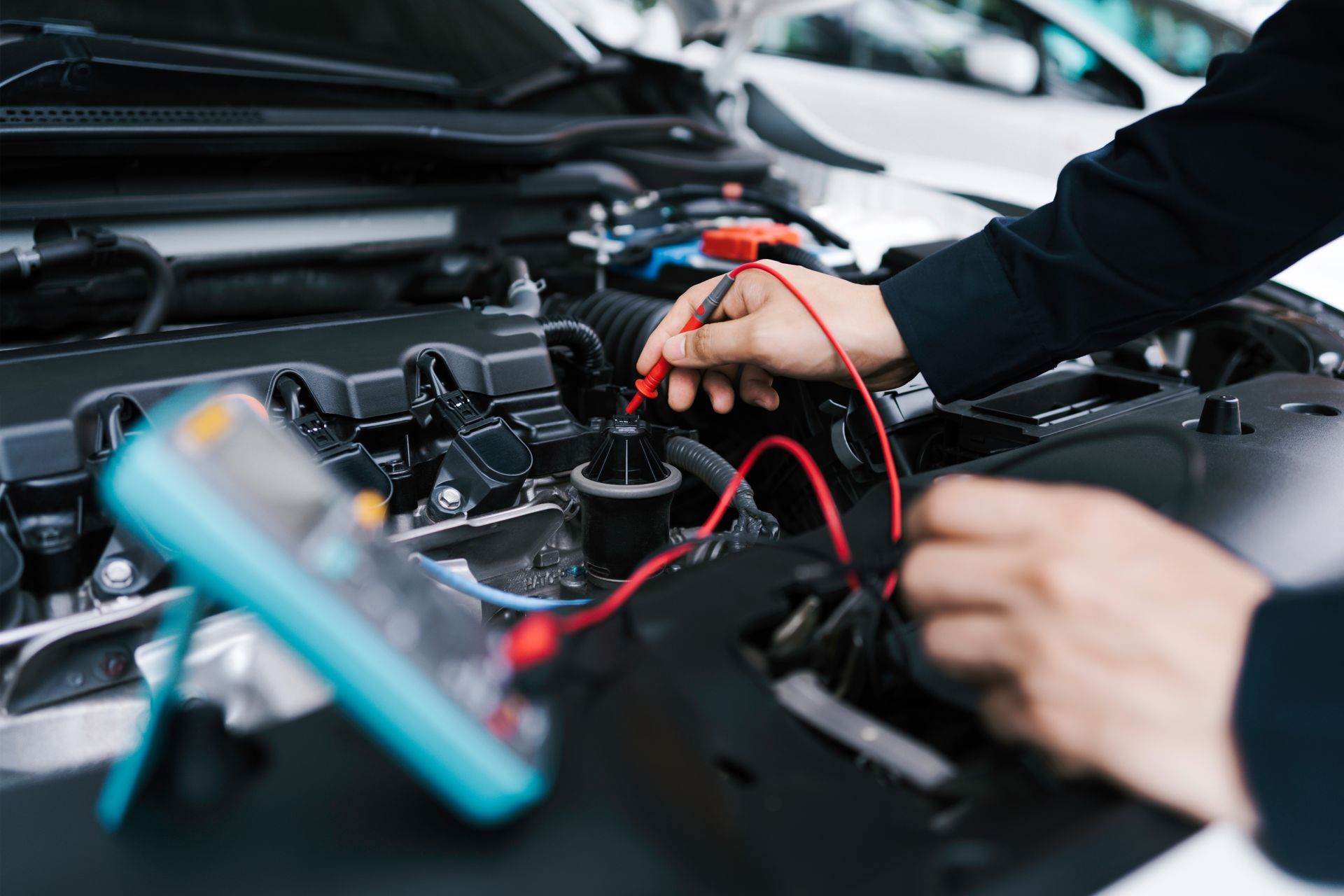
22 Mar, 2024
We all love our cars. But, they can sometimes place in very tricky situations. For instance, when a car battery is dead and you need to jump-start the car. Such moments can be very stressful. But, not to worry. Here, you will learn how to jump-start a car and make it to wherever you want to go. Read on and find out the steps you need to take. 1. First, check the jumper cables in your car. You will notice that they have clamps set with red and black marks. The red mark shows the positive side and the black represents the negative. These marks will help you know where to place the jumper cables on the battery terminals, which are also marked positive and negative. 2. Once you have checked the jump starters, ensure that you have, close to you, the car that you are going to use to jump-start ... read more
Auto Centric








Services
List of Services
-
Oil Change, Filters and LubeOil Change, Filters and Lube
-
Wheel AlignmentWheel Alignment
-
Transmission ServicesTransmission Services
-
Brake Service and RepairBrake Service and Repair
-
Engine Diagnostics and RepairEngine Diagnostics and Repair
-
Tire Service and RepairTire Service and Repair
-
Auto AC Repair and RechargeAuto AC Repair and Recharge
-
Exhaust System RepairExhaust System Repair
List of Services
-
Oil Change, Filters and LubeOil Change, Filters and Lube
-
Wheel AlignmentWheel Alignment
-
Transmission ServicesTransmission Services
-
Brake Service and RepairBrake Service and Repair
-
Engine Diagnostics and RepairEngine Diagnostics and Repair
-
Tire Service and RepairTire Service and Repair
-
Auto AC Repair and RechargeAuto AC Repair and Recharge
-
Exhaust System RepairExhaust System Repair


